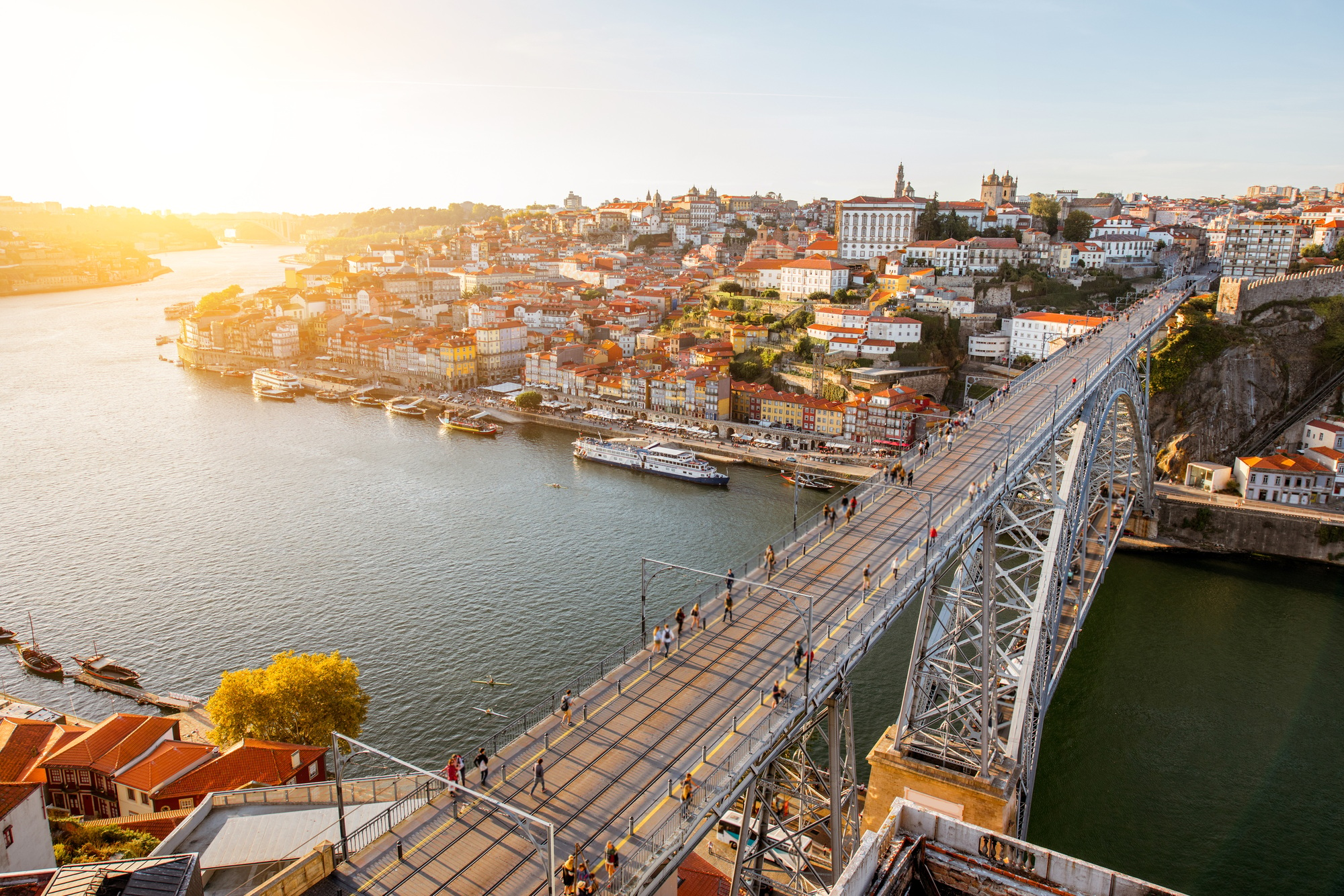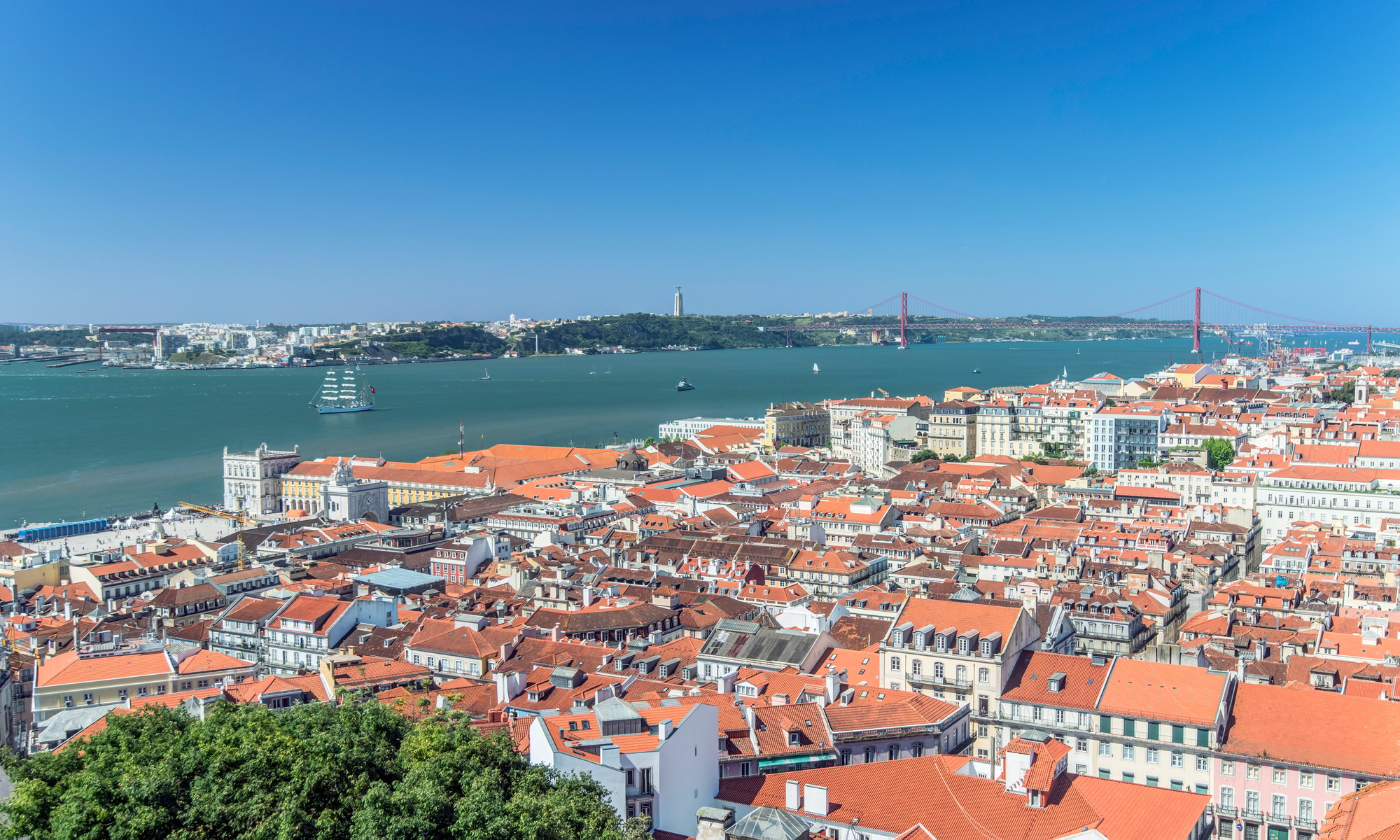The Ultimate Guide to Relocating to Lisbon
Sunny weather all year, friendly people, world-class nightlife, mouthwatering egg tarts—what’s not to love about Portugal’s capital? If you’re planning to move to Lisbon, this guide will answer your questions, from visa processes to finding a cozy apartment and everything in between.
Why Move to Lisbon?
- Year-Round Warmth: Summers are hot, spring and fall are pleasantly mild, and even winters rarely dip below 11°C (52°F).
- Reasonable Cost of Living: Though pricier than it once was, Lisbon is still cheaper than most major Western European cities—around 42.5% cheaper than London and 22.5% cheaper than Berlin (when factoring in rent).
- Vibrant Nightlife: Whether you’re into techno clubs, late-night street parties, or traditional fado music, Lisbon’s after-dark scene is one of the best in the world.
- Proximity to Ocean & Nature: Pristine beaches are less than 15 minutes away, and you can reach hiking trails via public transport (including the expansive Parque Florestal de Monsanto or the stunning Sintra-Cascais Natural Park).
- Community and Connectivity: From lively city-center neighborhoods to seaside suburbs like Cascais, Lisbon caters to many lifestyles. Public transportation is efficient, and the local attitude is famously warm and welcoming.
- Events All Year Long: Beyond the typical tourist spots, you’ll find festivals, pop-up food fairs, live music, and cultural happenings of every kind.
Visa Requirements
EU/EEA Citizens
- No visa needed—just register at the local city hall (Câmara Municipal) if you’re staying longer than three months.
Non-EU/EEA Citizens
- Short Stay (Up to 90 Days): Some nationalities (e.g., UK, USA, NZ, Australia) can visit for 90 days without a visa. If you’re not on that list, apply for a short-stay visa.
- Longer Stay (Over 90 Days): You’ll need one of several available visas, such as:
- Golden Visa: Invest in property (usually €500,000 or more) or otherwise contribute to Portugal’s economy.
- Retirement Visa (D7): Ideal if you have passive income of at least €760/month.
- Digital Nomad Visa (D8): Tailored to freelancers, remote workers, and location-independent professionals.
- Residence Visa: Suitable for stays over one year if you don’t meet any special program criteria.
- Temporary Stay Visa: If you need to remain for over three months but under 12.
(For niche cases—like medical stays, religious purposes, or job hunting—see Portugal’s official visa portal.)
Navigating the Paperwork
- Taxpayer ID (NIF): Get your Número de Identificação Fiscal (NIF) at the local tax office or online. It’s needed for paying taxes, opening a bank account, or registering your address.
- Address Registration: Known as “certificado de residência.” Bring your lease, passport, and NIF to the local city hall.
- Bank Account: Popular traditional banks include Millennium BCP, Caixa Geral de Depósitos, and Santander. For quick, fully online setups, consider N26, Revolut, or Openbank.
- Utilities & Internet: You’ll need to set up gas, electricity, and water—or opt for a serviced apartment where all bills are included.
Best Neighborhoods in Lisbon
- Alfama: Oldest and most picturesque district, with narrow alleyways and live fado shows. Rent can be pricey, but the atmosphere is second to none.
- Baixa: The heart of tourism—bustling streets, major attractions, and endless shops. Perfect for short stays.
- Bairro Alto: Renowned nightlife hub for partygoers, mixing historic charm with modern fun.
- Parque das Nações: A modern waterfront area 8 km from the city center, great for families with all conveniences nearby.
- Cascais: 30 km west of Lisbon, this coastal town offers seaside living, abundant outdoor activities, and a laid-back vibe.
Finding Accommodation
- Rental Costs: A one-bedroom apartment in the city center averages €1,280; outside the center, about €850.
- Top Platforms:
- Homelike (serviced and furnished rentals, ideal for short- or mid-term)
- ReMax
- Idealista
- Facebook groups (“Apartments in Lisbon”)
Because Lisbon is popular and inventory can be scarce, many expats choose short-term furnished apartments initially, avoiding the stress of high deposits, potential scams, and lengthy negotiations.
Working in Lisbon
- Key Sectors: Tourism, healthcare, IT, and digital services.
- Job Boards: Empregos Online, Indeed.pt, Jobs in Lisbon (English-speaking), LinkedIn.
- Language: Portuguese is a big plus if you want more options, but English-speaking roles do exist.
Language: Learning Portuguese
- Not Strictly Required: You can get by with English, especially for short stays.
- Why Learn It? Better job prospects, smoother daily life, and a deeper cultural connection.
- Resources:
- Apps: Duolingo (fun, game-like), Babbel, Rosetta Stone, Pimsleur
- Local Events: Search “language exchange Lisbon” on Facebook to find in-person meetups.
Culture & Lifestyle
- Sociable & Family-Oriented: Expect coffee chats, communal meals, and lots of late-night socializing on lively streets.
- Friendly Locals: Lisboners are warm, laid-back, and eager to help newcomers settle in.
- Music & Arts: Fado is the city’s soul, but you’ll also find modern concerts, street festivals, and art exhibitions year-round.
Healthcare in Lisbon
- Public System (SNS): Quality care, but expect queues. Accessible if you’re a legal resident with a Portuguese Social Security number (NISS).
- Private System: Faster appointments, recommended for short stays or if you prefer minimal wait times. Major international insurers include Cigna, AXA, and Allianz.
Education & Schooling
- K-12: Portugal’s public schools rank well globally, but instruction is primarily in Portuguese.
- International Schools: Options include Prime School, British School of Lisbon, and others—great if you prefer English, French, or German curricula.
- Universities: Over 30 in Lisbon, including the University of Lisbon, Catholic University of Portugal, and Nova School of Business and Economics.
Getting Around
- Public Transport: 88 bus lines, 6 tram lines, 4 metro lines, 5 suburban train lines, 5 ferries, 3 funiculars, and an iconic elevator.
- Viva Viagem Card: Load it up to use multiple modes of transit; a 24-hour unlimited pass is only €6.60.
- Walkability: Many neighborhoods are pedestrian-friendly (though Lisbon is famously hilly).
Cost of Living
Though no longer the bargain it once was, Lisbon remains cheaper than many Western European capitals. Estimated monthly expenses:
- Rent (1-Bed, City Center): €1,280
- Rent (1-Bed, Outside Center): €850
- Monthly Transport Pass: €40
- Inexpensive Meal: €12
- 3-Course Meal for Two: €50
- Large Beer: €2.50
- Cappuccino: €1.85
(Source: Numbeo)
For Specific Situations
- From the UK: Post-Brexit, you’ll likely need a visa for stays over 90 days. Popular pathways include the D8 (Digital Nomad) or a standard Residence Visa.
- From the US: 90-day stays require no visa if you qualify for visa-free entry. Beyond that, you’ll look at D8 (remote workers), D7 (retirees with passive income), or standard residence permits.
- Young Adults: With a lively nightlife, a big student population, and decent job prospects, Lisbon is highly appealing for those just starting out.
- Families: Safe city, good schools, and a range of kid-friendly neighborhoods like Parque das Nações or Cascais. Quality of life is a major plus for raising children here.
Final Thoughts
Relocating to Lisbon offers an enviable mix of sun-kissed charm, modern amenities, and a relaxed pace of life. While finding an apartment can be challenging due to high demand, the city’s warmth—both in climate and community—quickly wins people over.
If you’re short on time or prefer a stress-free move, consider a serviced apartment with no hidden costs or lengthy negotiations. In any case, prepare to soak up Lisbon’s hospitality, culture, and iconic skyline—complete with the timeless yellow trams and the stunning 25 de Abril Bridge.
Thanks for reading, and enjoy your new adventure in Lisbon!





